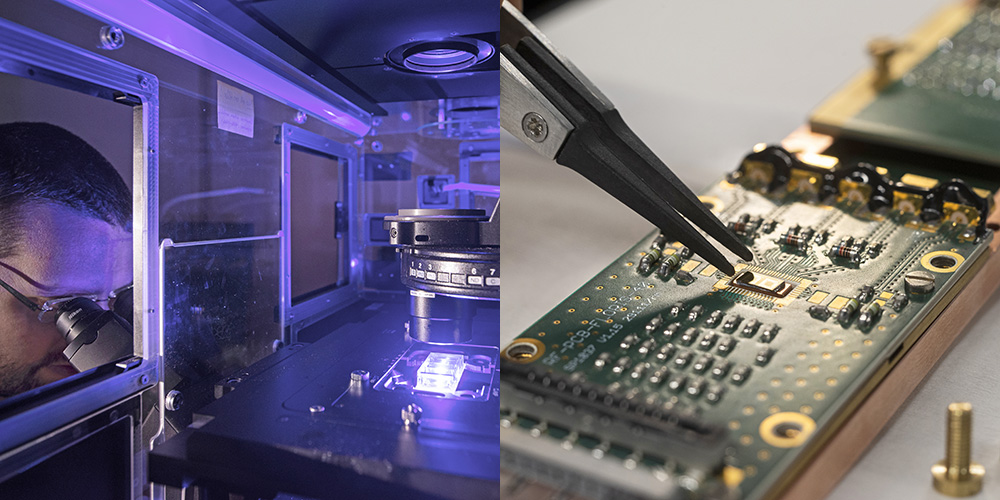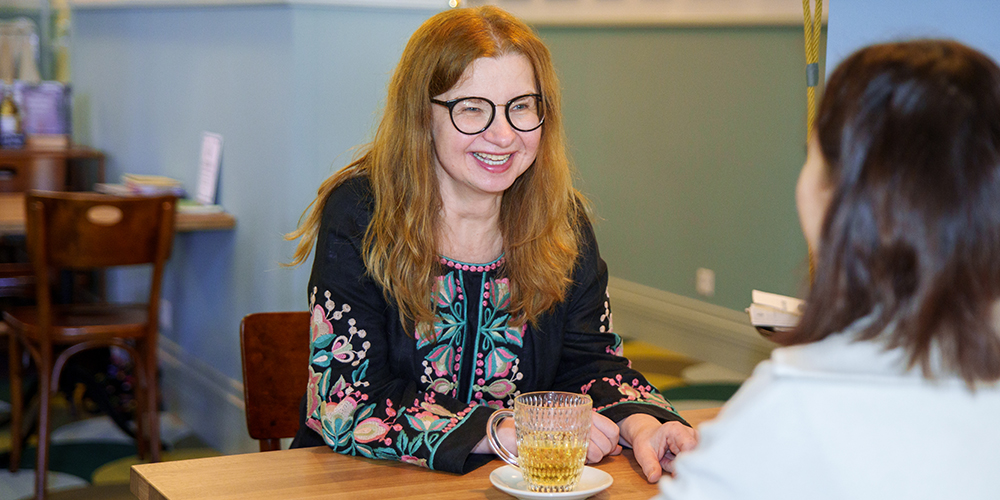Second round for the National Centers of Competence in Research AntiResist and SPIN
The Swiss National Science Foundation is funding the two National Centers of Competence in Research (NCCR) at the University of Basel in the fields of antibiotics research and quantum technology for a further four years.
26 March 2024
The Research Council of the Swiss National Science Foundation (SNSF) has approved the continuation of the two NCCRs SPIN and AntiResist, and has increased the SNSF’s contributions by 20 percent compared to the first four-year phase. For the second phase, which will run from August 2024 to July 2028, the two NCCRs will each receive CHF 20.4 million from the SNSF. As part of its commitment to cutting-edge research, the University of Basel has decided, in step with the SNSF, to increase its financial support by one-fifth to CHF 4.8 million for each NCCR.
The extension of the programs follows an evaluation by the SNSF, which was consistently positive. The examinations board certified the NCCR SPIN as having made impressive progress and achieved sustainable results in the field of spin-based quantum computing in Switzerland. They consider the NCCR SPIN projects to be at the forefront of research and attracting attention across the globe.
The assessment of the NCCR AntiResist, a program marked by its innovative, multidisciplinary approach to antibiotic resistance research, also yielded positive results. This NCCR is performing pioneering work in how to approach this problem and the collection and analysis of clinical samples, along with the tissue models developed with this knowledge to investigate antibacterial agents are unique.
Excellent basic research
“The two NCCRs represent our responsibility to society to find solutions to some of the more pressing issues of our time and our ambition to promote breakthrough innovations,” commented Professor Torsten Schwede, Vice President for Research at the University of Basel. “The programs are an example of the significant progress that can be achieved through excellent basic research, working collaboratively across institutional boundaries.”
The two NCCR programs at the University of Basel started their work in 2020. The NCCR AntiResist focuses on discovering new antibiotics and developing alternative strategies to combat antibiotic-resistant germs by directly linking basic research with clinical research. The NCCR SPIN is aimed at developing a scalable technology for building quantum computers for universal use based on spin qubits and proven semiconductor structures made of silicon and germanium. During the first phase of funding, the federal government supported the two programs with a total of CHF 34 million.



